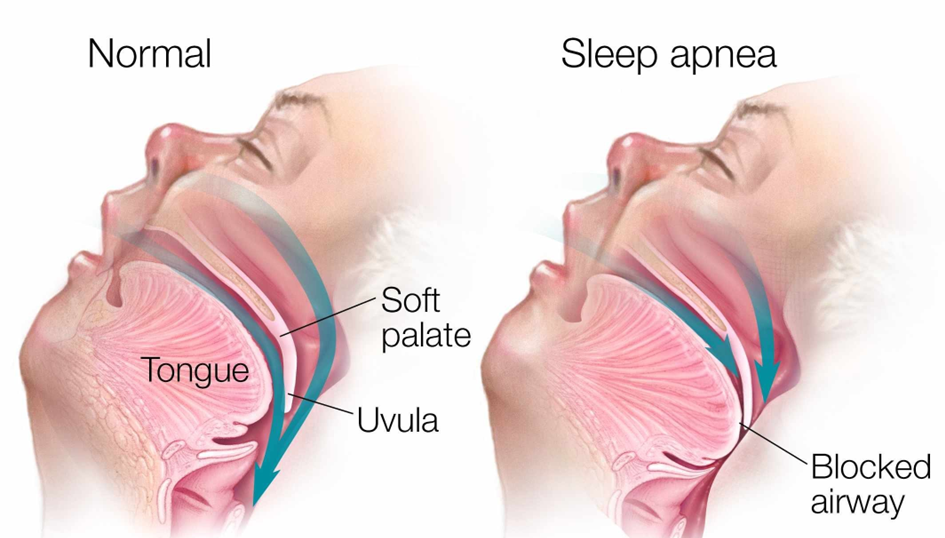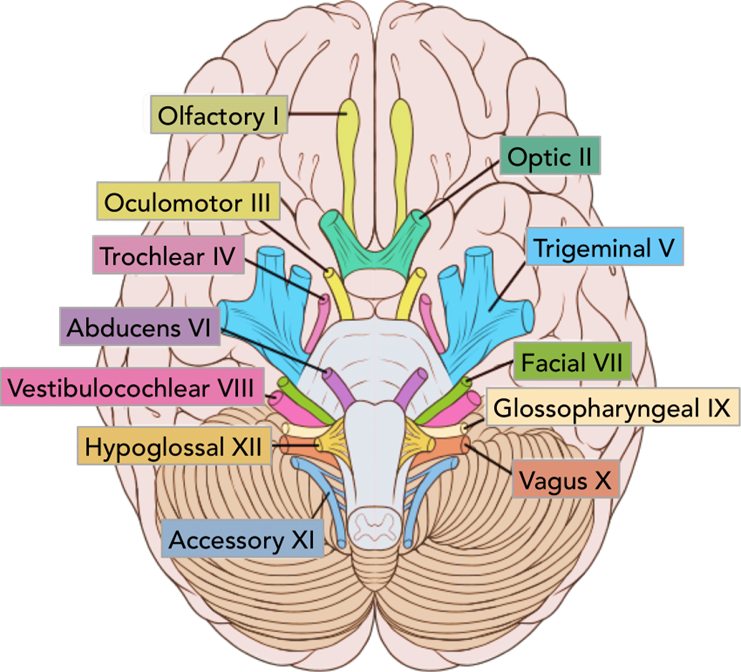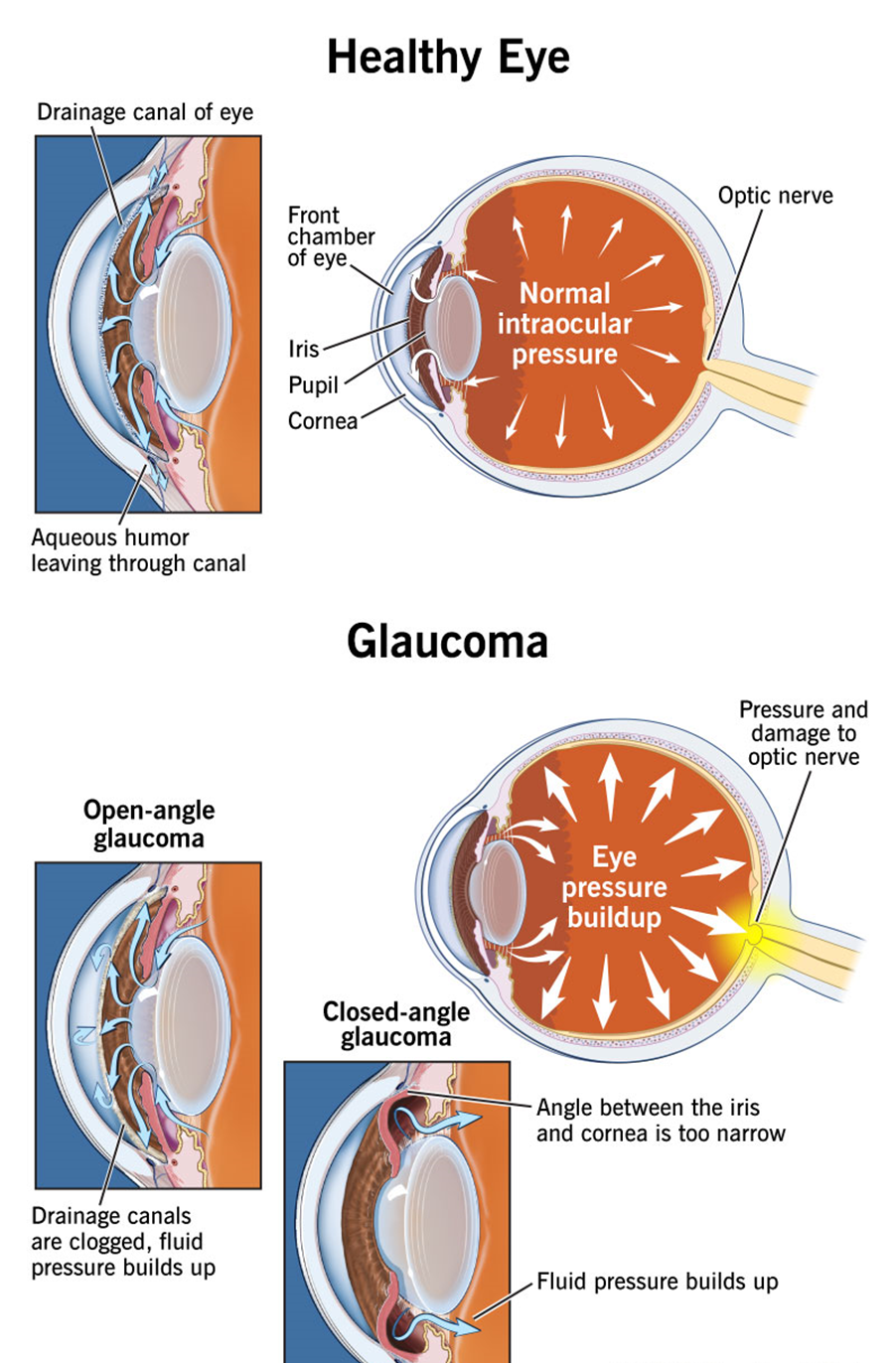A nurse is teaching a client who is obese and has obstructive sleep apnea on how to decrease the number of nightly apneic episodes. Which client statement indicates an understanding of the teaching?
I could lose about 50 pounds; I might stop having so many apneic episodes.
I sleep better if I take a sleeping pill at night.
I’ll get a humidifier to run at my bedside at night.
It might help if I tried sleeping only on my back.
The Correct Answer is A
Choice A Reason:
Losing weight is one of the most effective ways to reduce the severity of obstructive sleep apnea (OSA). Excess weight, especially around the neck, can increase the risk of airway obstruction during sleep. Studies have shown that losing even 5-10% of body weight can significantly improve OSA symptoms. Therefore, the statement about losing 50 pounds indicates a good understanding of how weight loss can help manage sleep apnea.

Choice B Reason:
Taking a sleeping pill at night is not recommended for individuals with obstructive sleep apnea. Many sleeping pills, especially those that are sedatives or muscle relaxants, can worsen sleep apnea by relaxing the muscles of the throat, leading to increased airway obstruction. Therefore, this statement does not indicate an understanding of the appropriate management of sleep apnea.
Choice C Reason:
Using a humidifier can help alleviate some symptoms associated with sleep apnea, such as dry mouth and nasal congestion, but it does not directly reduce the number of apneic episodes. While a humidifier can improve comfort, it is not a primary treatment for reducing apneic episodes in OSA patients.
Choice D Reason:
Sleeping on the back is generally not recommended for individuals with obstructive sleep apnea. This position can cause the tongue and soft tissues to collapse to the back of the throat, worsening airway obstruction. Side sleeping is usually recommended to help keep the airway open. Therefore, this statement does not indicate an understanding of the best sleep practices for managing sleep apnea.
Nursing Test Bank
Naxlex Comprehensive Predictor Exams
Related Questions
Correct Answer is A
Explanation
Choice A Reason:
Cranial nerve V is the trigeminal nerve, which has both motor and sensory functions:Motor function: The nurse can assess this by asking the client to clench their teeth while palpating the masseter and temporalis muscles for strength.Sensory function: The nurse can assess this by lightly touching the client's face in different areas (forehead, cheeks, and jaw) with a cotton ball or sharp/dull object to check for sensation.
Choice B Reason:
Asking the client to identify scented aromas is a method used to assess cranial nerve I (Olfactory), not cranial nerve V. Cranial nerve V (Trigeminal) is assessed by testing facial sensation and motor functions such as chewing.

Choice C Reason:
Asking the client to read a Snellen chart is a method used to assess cranial nerve II (Optic), which is responsible for vision. This method does not assess cranial nerve V
Choice D Reason:
Asking the client to raise his eyebrows is a method used to assess cranial nerve VII (Facial), which controls facial expressions. This method is not used to assess cranial nerve V.
Correct Answer is C
Explanation
Choice A reason: Asthma
Diphenhydramine is an antihistamine that can cause drying of the airways and thickening of bronchial secretions, which might exacerbate asthma symptoms. However, it is not strictly contraindicated in asthma patients. Instead, caution is advised, and it should be used under medical supervision if necessary.
Choice B reason: Hypertension
While diphenhydramine can cause mild increases in blood pressure due to its anticholinergic effects, it is not contraindicated in patients with hypertension. Patients with hypertension should use it cautiously and under medical advice, but it is not an absolute contraindication.
Choice C reason: Glaucoma
Diphenhydramine is contraindicated in patients with glaucoma, particularly closed-angle glaucoma. This is because diphenhydramine has anticholinergic properties that can increase intraocular pressure, potentially worsening the condition. Patients with glaucoma should avoid using diphenhydramine to prevent complications related to increased eye pressure.

Choice D reason: Depression
Diphenhydramine is not contraindicated in patients with depression. However, it can cause drowsiness and sedation, which might affect mood and energy levels. Patients with depression should use it cautiously and under medical supervision, but it is not an absolute contraindication.
Whether you are a student looking to ace your exams or a practicing nurse seeking to enhance your expertise , our nursing education contents will empower you with the confidence and competence to make a difference in the lives of patients and become a respected leader in the healthcare field.
Visit Naxlex, invest in your future and unlock endless possibilities with our unparalleled nursing education contents today
Report Wrong Answer on the Current Question
Do you disagree with the answer? If yes, what is your expected answer? Explain.
Kindly be descriptive with the issue you are facing.
